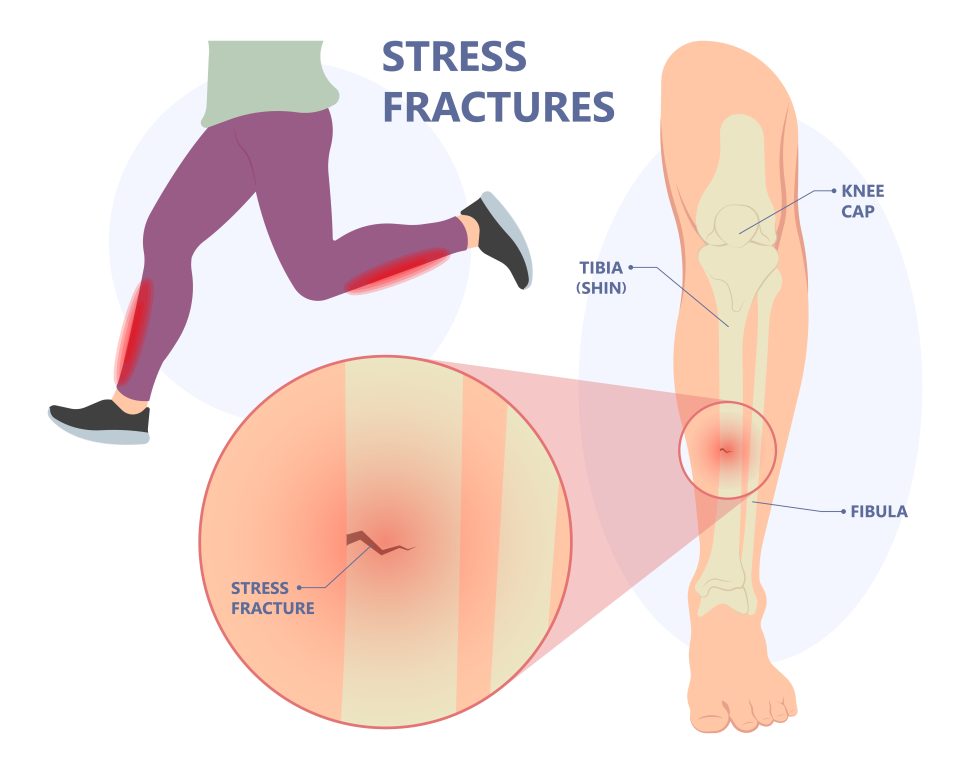
Comprehensive Guide to Preventing and Recovering from Stress Fractures
Categories: General Orthopedics
Stress fractures are common injuries that can affect anyone, from athletes to individuals with active lifestyles. These tiny cracks in the bones can lead to pain, swelling, and limited mobility if not addressed properly. At Central Orthopedic Group of Long Island, we understand the importance of prevention and effective recovery strategies for stress fractures. In this guide, we’ll explore practical tips to help you prevent stress fractures and navigate the road to recovery if you’ve experienced one.
Understanding Stress Fractures
Stress fractures are small cracks in bones caused by repetitive force or overuse. They commonly occur in weight-bearing bones such as the shin, foot, and lower back. Athletes engaged in high-impact sports like running, basketball, and gymnastics are particularly susceptible to stress fractures. However, anyone who engages in activities that involve repetitive motions can be at risk.
Prevention Tips
- Gradual Increase in Activity: Avoid sudden spikes in training intensity or duration. Gradually increase your activity level to allow your bones and muscles to adapt.
- Proper Footwear: Wear shoes that provide adequate support and cushioning, especially during high-impact activities.
- Cross-Training: Incorporate a variety of activities into your fitness routine to reduce repetitive stress on specific bones and muscles.
- Maintain a Balanced Diet: Ensure you’re getting enough calcium, vitamin D, and other nutrients essential for bone health.
- Listen to Your Body: Pay attention to any signs of pain or discomfort. Rest and seek medical attention if needed.
Recovery Strategies
- Rest: Give your body time to heal by resting and avoiding activities that aggravate the injury.
- Ice and Elevation: Apply ice packs and elevate the injured area to reduce swelling and pain.
- Compression: Use compression bandages or sleeves to support the affected area and reduce inflammation.
- Physical Therapy: Work with a physical therapist to strengthen muscles, improve flexibility, and gradually reintroduce activity.
- Nutrition and Hydration: Maintain a healthy diet rich in nutrients that support bone healing, and stay hydrated to aid in recovery.

Seeking Professional Care
If you suspect a stress fracture or are experiencing persistent pain, it’s crucial to consult with an orthopedic specialist. At Central Orthopedic Group, our experienced team offers comprehensive diagnosis, treatment, and rehabilitation services for stress fractures and other musculoskeletal conditions. We utilize advanced imaging technology and personalized treatment plans to help you recover safely and efficiently.
Conclusion
Preventing and recovering from stress fractures requires a combination of smart training practices, proper nutrition, rest, and professional medical guidance. By taking proactive steps to protect your bones and listening to your body’s signals, you can reduce the risk of stress fractures and enjoy an active, healthy lifestyle. If you’re dealing with a stress fracture or any orthopedic concern, don’t hesitate to reach out to Central Orthopedic Group for expert care and support.
